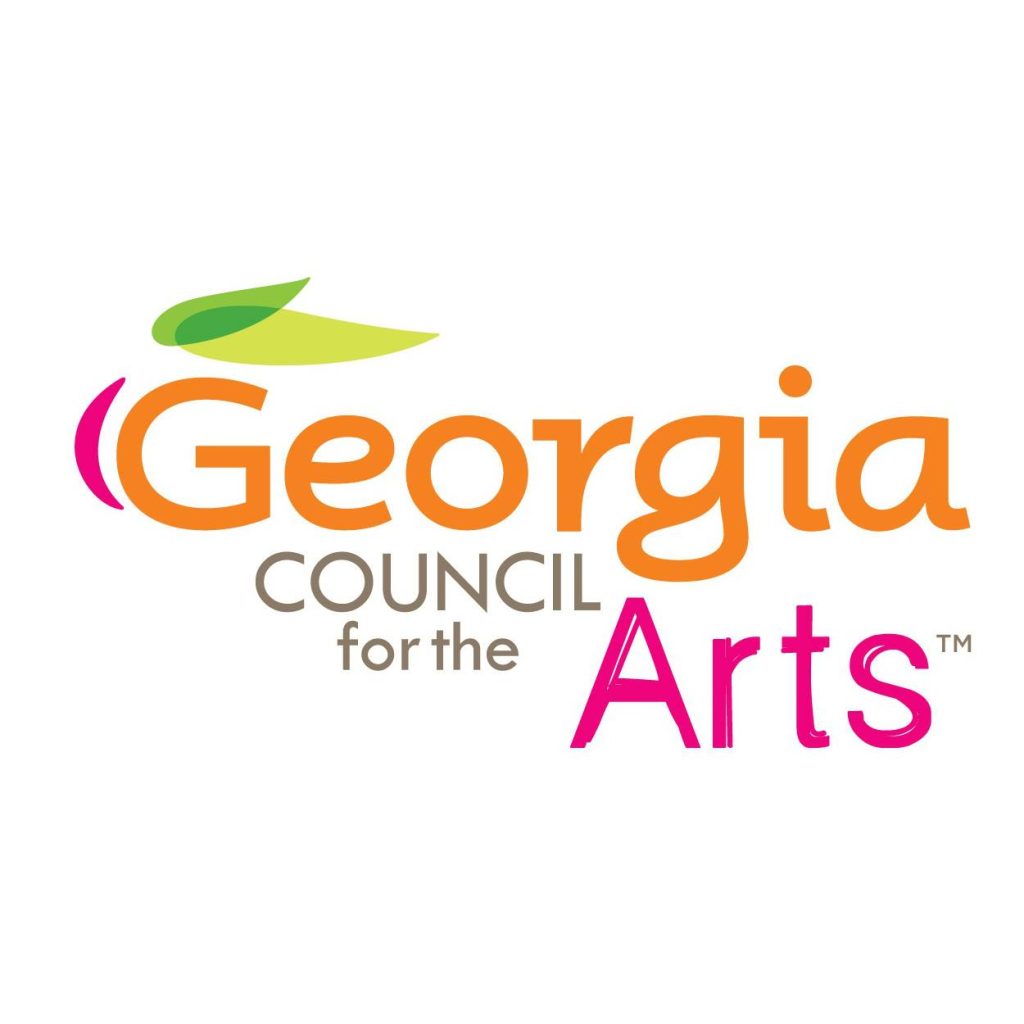Media release from the Georgia Council for the Arts:
Reported by the Georgia Department of Economic Development’s strategic arts arm, Georgia Council for the Arts (GCA), Georgia’s nonprofit arts and culture sector delivers a minimum economic impact of at least $1.27 billion and supports nearly 20,000 jobs. This data stems from Georgia’s first custom economic analysis of the nonprofit arts and culture sector, gathering insights from over 400 participating organizations that provide a snapshot of the sector’s portion of state revenue. Further, a new tool will allow local organizations and communities to determine their unique impacts within the sector.
The Arts & Economic Prosperity 6 (AEP6) national study conducted by Americans for the Arts and facilitated by Georgia Council for the Arts, reinforces how arts and culture deliver meaningful direct economic and societal benefits. Expenditures by nonprofit arts and culture organizations and event-related spending by their audiences generated $49.4 million in state and local taxes.
Georgia’s nonprofit arts and culture organizations and local communities can now calculate their unique economic impact for the first time. This new tool accessible on the Georgia Council for the Arts website uses the “Impact Analysis for Planning,” known as IMPLAN, platform created by academics to serve the needs of the U.S. Forest Service and widely used by business, industry, and government to determine economic impact for over 40 years.
Nonprofit arts and culture events in the state attracted 16.6 million attendees in 2022 alone. Beyond directly boosting local economies, over 90% of attendees surveyed in Georgia agreed that the activity or venue where they were surveyed “is inspiring a sense of pride in this neighborhood or community.” Others said they would feel great loss if the activity or venue were no longer available.
“Arts and creativity are an economic engine for Georgia,” said Georgia Department of Economic Development Commissioner Pat Wilson. “Employers seek creativity and problem solving as a critical skillset, and the arts strengthen economic health by creating jobs in multiple industries, driving tourism, and providing workforce solutions. Georgia’s thriving arts sector means the state is not only the best place to do business, but also an amazing place to live and visit.”
Supported by grants from Georgia Council for the Arts, nonprofit arts organizations in Georgia are revitalizing dormant downtowns and creating vibrant communities. These efforts attract and retain businesses, driving investment from visitors and residents alike. In fiscal year 2023, from July 2022 to June 2023, GCA awarded 344 grants to organizations around the state, totaling $4.7 million.
“By investing in this first-of-its-kind study for the state, the AEP6 results reinforce the arts’ significant contributions to our economic prosperity and community enrichment. We hope these new insights will be leveraged to further cultivate Georgia’s thriving arts sector,” said Georgia Council for the Arts Executive Director Tina Lilly. “We thank Governor Brian Kemp and the Georgia General Assembly for the funding that allowed Georgia to participate and the organizations across the state that contributed their time and efforts.”
Four other Georgia cities participated in the study and published their individual results:
- Greater Augusta Arts Council
- City of Savannah Cultural Resources Department
- Macon Arts Alliance
- City of Atlanta Mayor’s Office of Cultural Affairs
For more information on the AEP6 study results, to read Georgia’s full report, and to calculate the economic impact of the arts in specific communities, visit gaarts.org.
